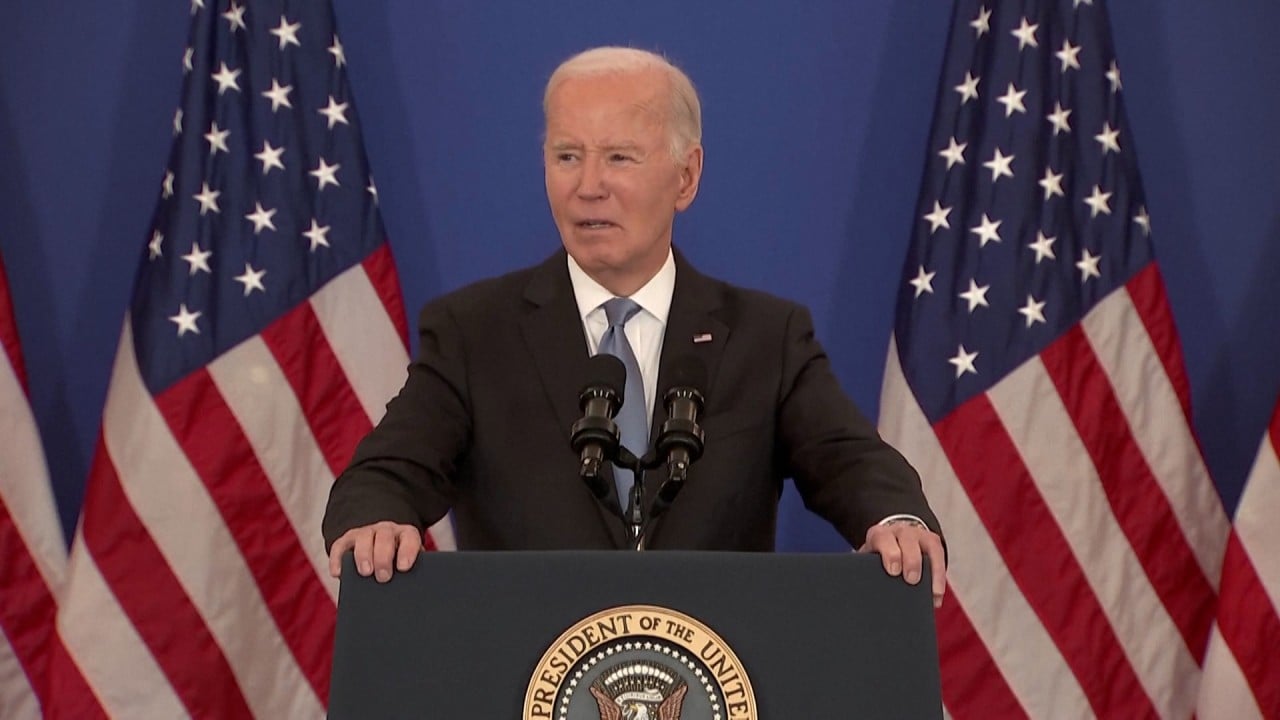What ideology means to Trump and his team in the US’ competition with China
Less talk about human rights and a continuing divergence of political ideologies could create two global spheres of influence, analysts say

Trump is not known to have strong ideological positions, but experts say his team is expected to use ideology as a tool in its strategies with China – priorities could lead to new sources of friction with Beijing.
Fei-Ling Wang, a professor at the Sam Nunn School of International Affairs at the Georgia Institute of Technology, said he expected the ideological conflict between the United States and China to “persist” during Trump 2.0. But it would also shift.
“Compared to the Biden administration and Trump’s first administration, we may see more inflammatory rhetoric and highly symbolic gestures, but less talk about human rights in places such as Xinjiang and Hong Kong,” he said.
“The new Trump administration may be more focused on policies targeting the Communist Party’s power and legitimacy at home and abroad, in a Cold War-like, anti-communism fashion.”
